This blog provides some advice for purchasing officers. We describe the case for outsourcing to a procurement company… Because sometimes you need to know when to fold ‘em.
“Know when to hold ‘em, know when to fold ‘em”
Some people think that poker is a game of luck and chance but I think it’s more than that. You see, a good player knows how to minimise his losses during a bad streak and maximise his winnings during a good one.
A good purchasing offer does the same. And I think it comes down to knowing when to outsource.
Let’s say you are a purchasing officer at a large mine site and you have product requests coming at you left and right. Some are easy – you know exactly who to buy from because it’s already set up in your system with a preferred supplier. Some take a little more time – you might have to get a couple of quotes, but it’s something you’ve purchased before so you’ve got some expectation on price and specification. Then, BAM, here comes the request that knocks you right off your winning streak.
“We’ve had the go-ahead for a gym on site – here’s the list of everything we need”.
And onto your desk drops a list of things you’ve never purchased before. It includes everything from water dispensers to cardio equipment to mirrors. Where do you start? And more importantly, how will you juggle the time and effort involved to find everything on the list, while still fulfilling the everyday product requests? What’s the risk?
In my opinion, you now have the case to ‘fold ‘em’. By which I mean, the case to outsource your purchasing to a procurement company.
But why exactly does it make sense for an organisation with their own large purchasing team to use an external procurement company in this sort of scenario? Let me explain:
- Consolidation – instead of finding a different supplier for every item on your list, you are sending your one list to one supplier (ie the procurement company). By doing this you save massive amounts of time and effort. Plus, things like packing, logistics and tracking and invoicing is consolidated, so what could have been a nightmare – tracking multiple suppliers for a coordinated delivery – becomes simple.
- Buying power – a procurement company buys more, which means they get better pricing and this saving is passed through to you (hint – you don’t pay any more than going direct!)
- Negotiation – a procurement company is trying to win your business so they never take the first price from their supplier. They negotiate harder so they can pass the savings through to you.
- Product knowledge – procurement companies work with all kinds of companies, based all over the world so they have a pretty extensive product knowledge and database at their fingertips. Chances are that even your most oddball request has been seen before (yes I have purchased items to fit out a full gym before!)
Recognising when it makes sense to outsource can be the difference between hitting your deadlines or not. It can be the difference between a happy operations manager or a frustrated one.
So, next time you find yourself with a request that could just knock you off your winning streak, take a look at your hand and think about whether it time to fold ‘em.


